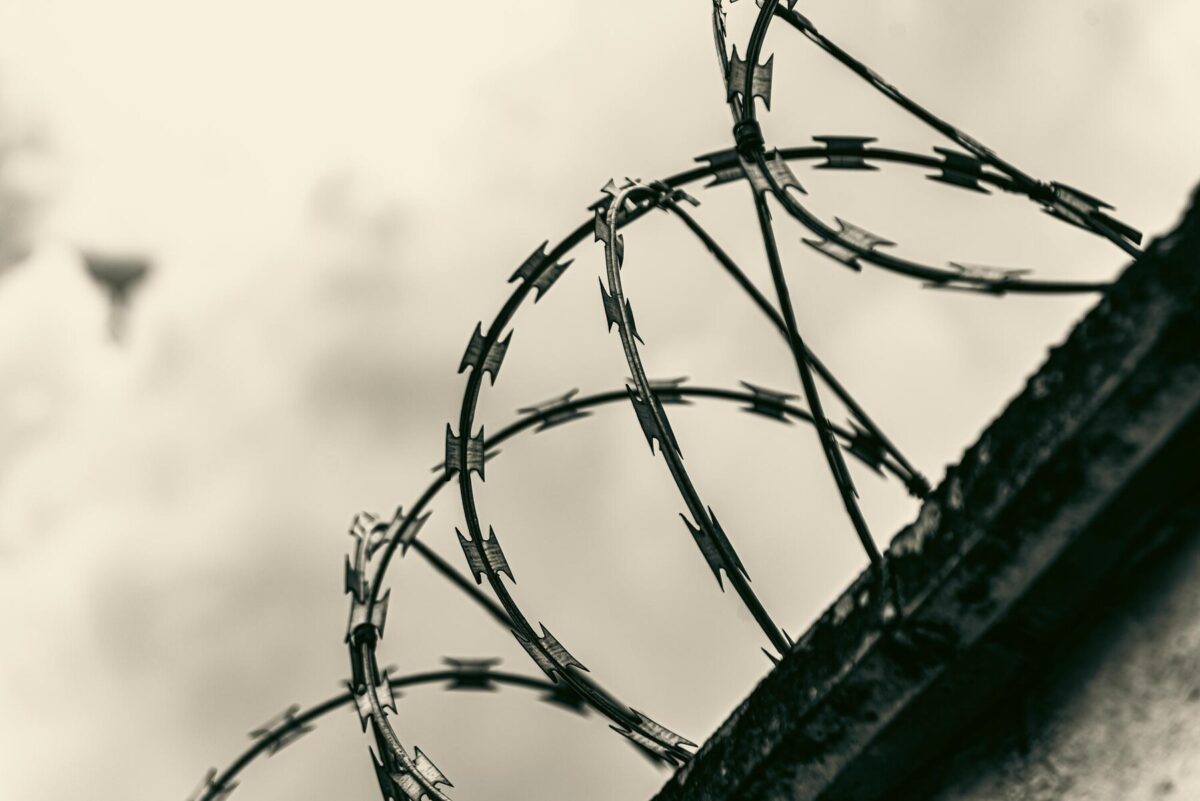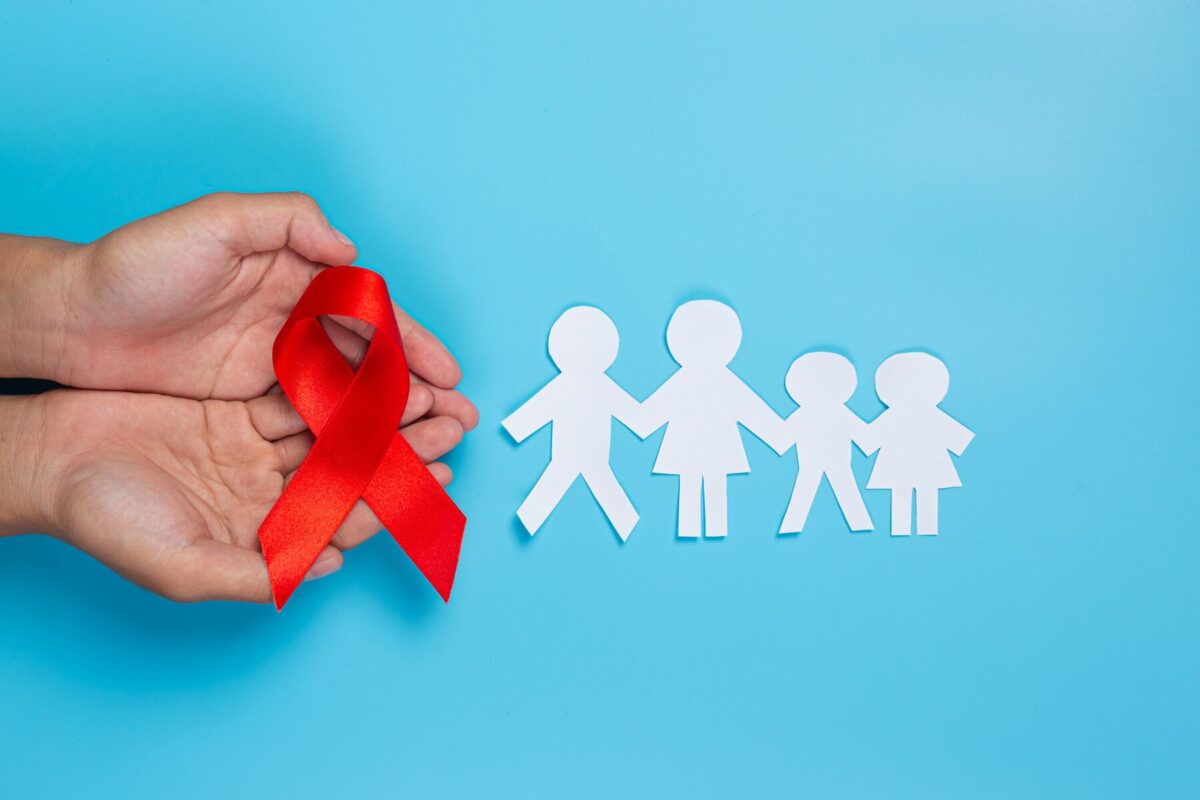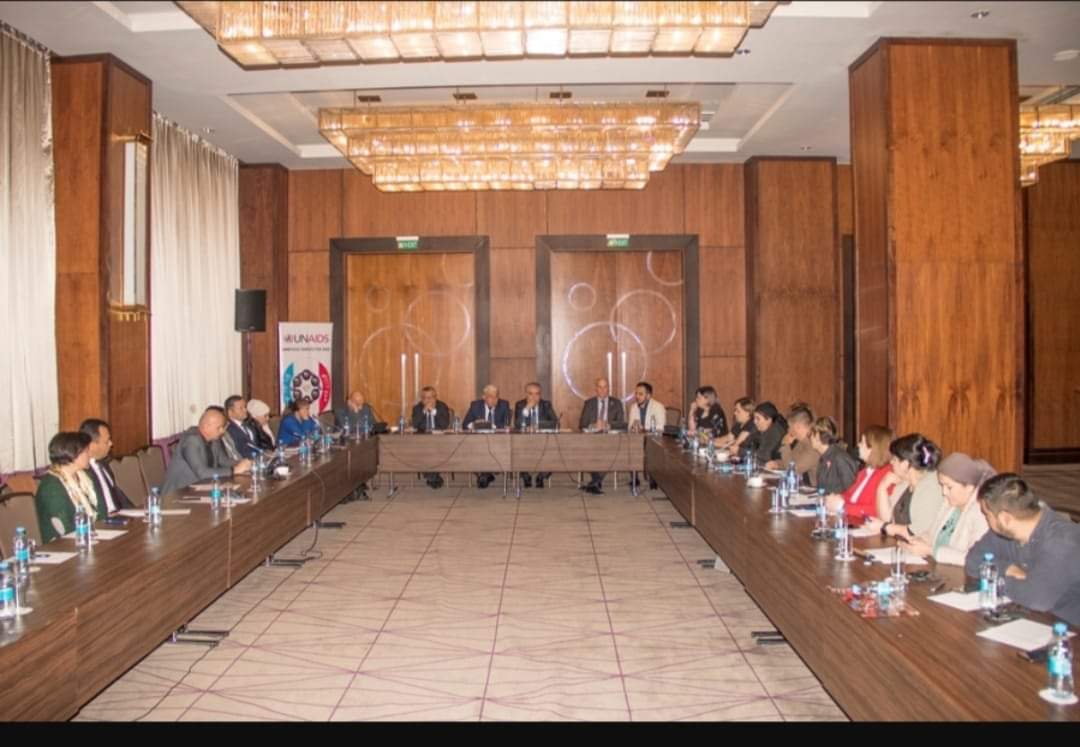The Plenum of the Supreme Court of Tajikistan has adopted a new resolution aimed at humanizing judicial practice under Article 125 of the Criminal Code of Tajikistan on HIV transmission.
The ruling recommends that courts take into account international standards and recommendations in the field of HIV/AIDS, in particular the principle of “Undetectable = Untransmissible” (U=U), which will allow for a more objective approach to assessing each case. This means that people living with HIV, taking ART, and achieving a non-transmissible viral load can no longer be criminalized for putting them at risk of HIV transmission.
The Alliance for Public Health applauds the country’s intentions towards HIV decriminalization, in fact, in the first and second cycle of the regional #SoS_project, many interventions focused on advocacy activities as well as direct assistance to those affected by repressive HIV policies.
“The depressing legacy of the Soviet Union in many post-Soviet countries is essentially discriminatory legislation. Under Article 125 of the Criminal Code, women are mostly prosecuted, while today women living with HIV, taking treatment, and giving birth to healthy children, all people with HIV live as long as without it. Families where partners with different HIV statuses do not transmit the disease to each other live happily, and this is happening not only somewhere in the world, but in neighboring countries like Tajikistan.” – said Tеtiana Deshko, Director of the International Programs Department, Alliance for Public Health.
The decisions adopted at the Supreme Court Plenum also mark Tajikistan’s first step in improving the justice system, which will allow for a fairer interpretation of existing laws. That said, it has yet to establish new humane laws and the Criminal Code of Tajikistan still criminalizes putting people at risk of HIV transmission.
“Therefore, human rights defenders in Tajikistan have a lot of work to do together to advocate for further legislative changes and we regularly provide the evidence base to REAct, the largest community-based monitoring tool in Eastern Europe and Central Asia, to achieve our goals,” – summarized Tеtiana Deshko.
Since 2020, REAct in Tajikistan has registered more than 2,700 referrals from people living with HIV and people at risk. Due to the criminalizing laws in place, people are constantly subjected to discrimination and stigma. The most frequent violators of victims’ rights are the close environment (family, relatives) – 66%, law enforcement, and judiciary – 15%, and medical and health care workers – 10%. These figures demonstrate the pervasive and all-encompassing stigma that people from vulnerable groups face at every turn, often from those closest to them. It is the threat of criminal prosecution for having HIV that is the main reason for violence and humiliating treatment of victims.
In addition, women are particularly vulnerable, as they are the first to find out their status (often during medical examinations in connection with pregnancy) and the first couple to be prosecuted under Article 125 of the Criminal Code of Tajikistan. On average, every third woman who applied to REAct suffers from physical violence from her close environment (husband, sexual partner, relatives). It is often the HIV status that is the main cause of violence and at the same time the main obstacle to seeking protection from the police.
In 2023 alone, REAct human rights defenders registered more than 40 cases from people accused under Article 125. Of these, 15 cases under Article 125, Part 1 of the Criminal Code of Tajikistan became strategic and were taken for support by REAct lawyers and partner organizations. Unfortunately, despite the professional work of lawyers and appeals to the international standards of WHO, only 3 cases ended in favor of the accused, the rest were sentenced to imprisonment from 6 to 18 months.
REAct human rights activists shared their stories
Punishment without crime.
HIV-positive single mother Nikora (name changed) was sentenced to 1.5 years in prison under Part 1 of Article 125. She was given a suspended sentence until her child reached the age of eight. The fact that the court gave Nikora a real criminal sentence without taking into account the negative HIV test results of all “victims” and the absence of claims against Nikora from their side is egregious.
In the court case, the woman was accused of putting four men with whom she had unprotected sex over the past four years at risk of contracting HIV because she had failed to report her registration with the AIDS Center since 2015.
A court without a victim
A female resident, who injected drugs, worked as a volunteer in an NGO. A criminal case was initiated on **.**.2018 under part 1. of article 125 of the Criminal Code of RT. The victim in this case was a man. During the trial, the man stated that he did not agree with the fact that he was recognized as a victim. After the criminal case was initiated, based on the conclusion of a commission examination, it was found that the man did not have HIV. At the trial, the woman’s lawyer asked: “Did the defendant offer to use a condom during sexual contact?”, to which the man replied: “Yes, but I refused. I know that she has this disease, but I love her, I will live with her, and I have no claims or demands against her.”
The legislation of the Republic of Tajikistan refers Article 125 part 1 to cases of private-public prosecution, which means that these cases are initiated on the application of the person who suffered from the crime, but in case of reconciliation, the proceedings on them are not subject to termination. Thus, the defendant was sentenced – 1 year and 2 months of imprisonment under part 1 of article 125 of the Criminal Code of the Republic of Tajikistan.
“The diversity and wide range of appeals about violations of the rights of people living with HIV in Tajikistan is striking. We see that literally at every step, whether it is home, school, polyclinic, or civil registry office – HIV status is a verdict. Surprisingly, it is in Tajikistan that we record the highest level of response to human rights violations. Thanks to the effective support of peer counselors and paralegals (REActors) from nongovernmental organizations, more than 70% of appeals are resolved positively for the victim/s through medical and social support, legal advice, and direct intervention by the reactor in the situation. In a country with repressive legislation, the only thing left for human rights defenders is to educate perpetrators about HIV to practically reduce stigma towards HIV-positive people and explain ways of HIV transmission and prevention.” – shared Victoria Kalyniuk, Regional Coordinator of REAct in EECA countries.
This Supreme Court decision is an important step in the overdue reform of laws and practices related to people living with HIV in Tajikistan. It is important that this decision becomes part of routine practice on the ground and leads to changes in the situation for people with HIV. The abolition of Article 125 of the Criminal Code should follow and permanently change outdated norms and practices.
Also read:
Drug policy of zero tolerance and double standard practices. ENPUD analytical paper on the situation in Kazakhstan
Opioid substitution therapy program in Ukraine: the cost of the conflict between law and health















